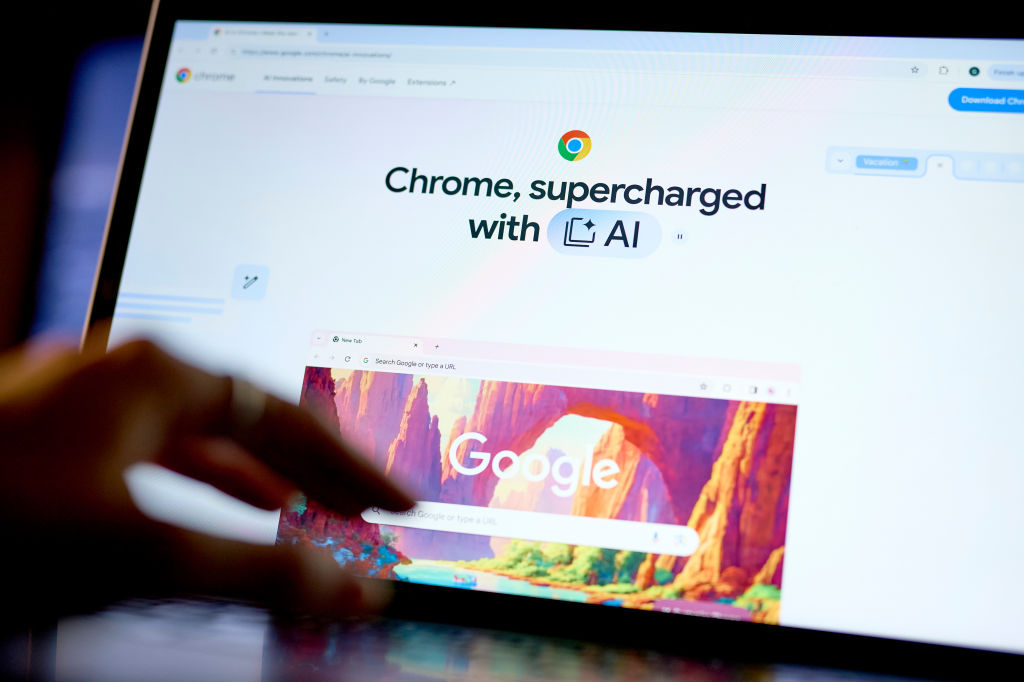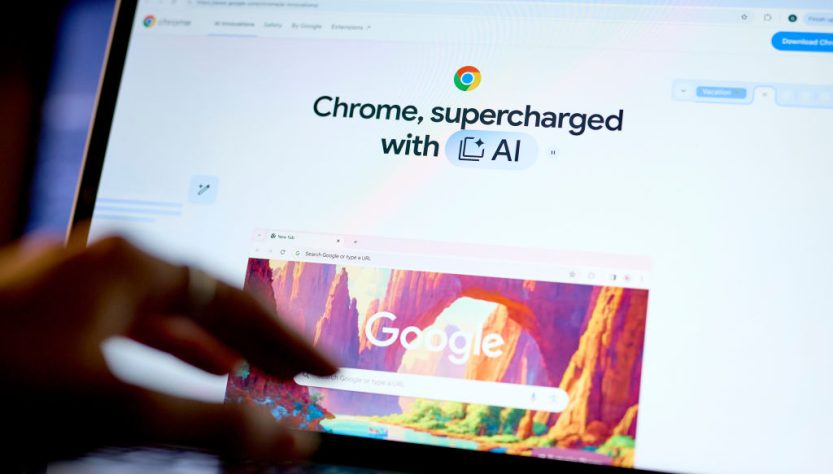
This week, OpenAI unveiled an AI-enhanced web browser named ChatGPT Atlas, leading me to ponder: Is it finally time to move on from Safari?
That update was a topic of conversation as Max Zeff, Sean O’Kane, and I explored the browser ecosystem — including some lesser-known options — in the most recent episode of the Equity podcast. Nevertheless, it appears that none of us will be making any significant changes in the near future.
Firstly, Sean pointed out that numerous companies have attempted and ultimately failed to dethrone the dominant browsers, primarily due to their inability to generate revenue solely from the browser. Naturally, this is less likely to hinder OpenAI, given its continuously expanding financial backing.
On the other hand, Max has actually experimented with Atlas and other browsers that claim AI agents will handle tasks for users. He noted that the efficiency improvement is minimal at most. Often, users find themselves watching the agent “navigate a website” — is that what average users genuinely desire? Furthermore, there are considerable security concerns.
View a summary of our dialogue below, refined for brevity and clarity.
Anthony: I still use Safari, but regarding search engines, which are linked to browsers, I’ve been trying to explore non-Google [alternatives] because I’m simply weary of seeing all the genAI content at the top of my search results.
Additionally, there’s the issue of: If these AI browsers gain popularity, what consequences will that have for the concept of the open web overall? You can still access web pages, but it isn’t far-fetched to argue that a website will become increasingly less significant as more of our browsing experiences are managed by these AI platforms and chatbots.
Techcrunch event
San Francisco
|
October 27-29, 2025
Max: This has certainly been a significant topic of discussion: What will the agentic web entail? It poses an intriguing question. People have made efforts to devise numerous solutions to reach this future they anticipate.
There’s a certain nostalgic aspect that reminds me of previous technological trends where it’s like, “Okay, but what is the real experience? What tangible benefits does a consumer gain by using one of these tools?”
At the moment, it’s just not particularly enticing. I’ve tested ChatGPT Atlas and Comet, and the most favorable evaluation is that they provide a marginal efficiency increase — making you slightly more productive.
However, most of the time with these tools, you end up watching them navigate a website, performing tasks that I’m unlikely to do in reality. For example, I might have it search for a recipe and add all the ingredients to Instacart. I’ve never done that. It seems like a familiar example tech enthusiasts often use, but I’m not convinced it’s something people frequently do.
There’s a substantial disconnect, with the tech industry currently proclaiming, “We’re developing all these tools for the agentic web,” but what incentive is there for ordinary users to adopt this? I remain uncertain.
Sean: I haven’t used any of those [AI browsers], largely because I’m still quite traditional when it comes to searching and browsing — much of my work involves seeking documents, which naturally requires navigating through various parts of web pages I know well, often employing Boolean searches on Google. Perhaps I’ll give them a shot someday if Google indeed decides to phase out Boolean search, which seems like a possibility, but we’re not there yet.
What intrigues me about these AI browsers is that we’ve seen other firms attempt to penetrate the browser market and consistently fail, as it is exceedingly challenging to profit from a browser as a standalone product. Some have attempted to charge initially, managing to sustain for a while, but it’s ultimately unsustainable when competing with Safari or Chrome or even Firefox.
What’s fascinating to me is that we now have companies with virtually unlimited resources, allowing them to endure as long as necessary since they aren’t currently focused on monetizing these products. Eventually, they likely will, but OpenAI can afford not to monetize this for the next few years; they can simply release it and let it evolve.
[embedded content]

